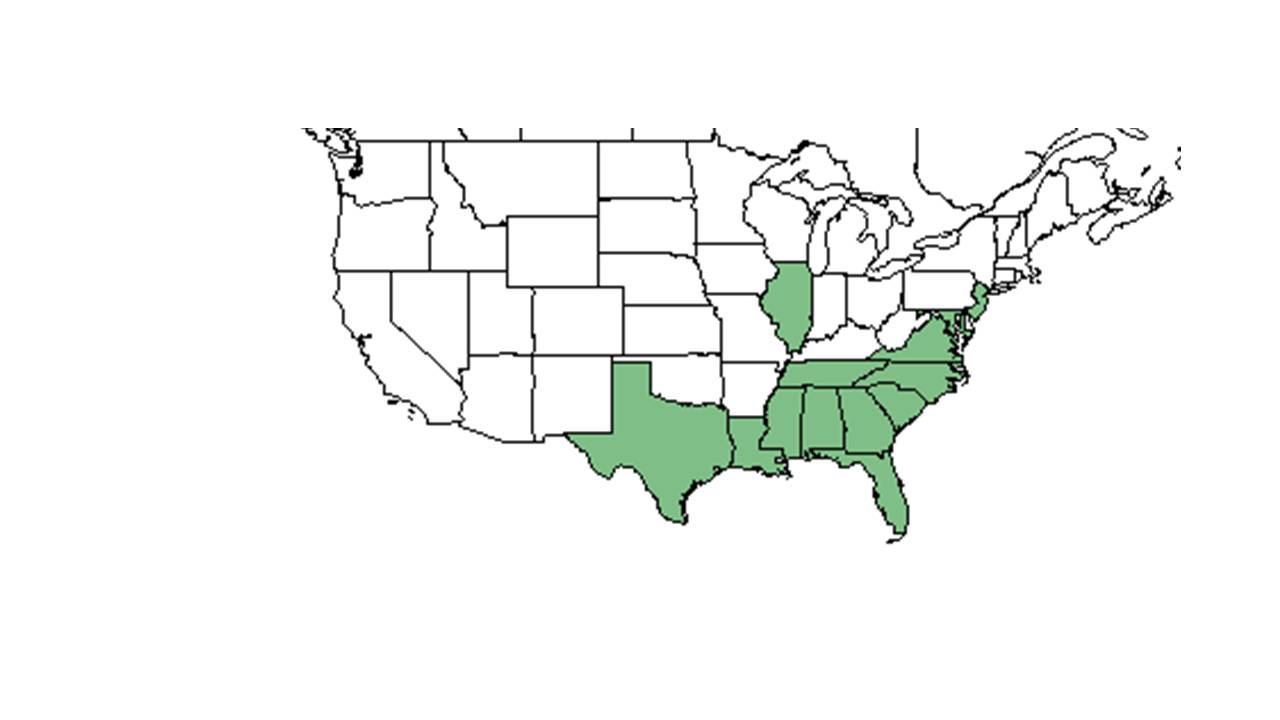Difference between revisions of "Linum floridanum"
| Line 19: | Line 19: | ||
Common name: Florida yellow flax | Common name: Florida yellow flax | ||
| + | ==Taxonomic notes== | ||
==Description== | ==Description== | ||
<!-- Basic life history facts such as annual/perrenial, monoecious/dioecious, root morphology, seed type, etc. --> | <!-- Basic life history facts such as annual/perrenial, monoecious/dioecious, root morphology, seed type, etc. --> | ||
Revision as of 14:29, 6 October 2015
| Linum floridanum | |
|---|---|
Error creating thumbnail: Unable to save thumbnail to destination
| |
| Scientific classification | |
| Kingdom: | Plantae |
| Division: | Magnoliophyta - Flowering plants |
| Class: | Magnoliopsida – Dicotyledons |
| Order: | Linales |
| Family: | Linaceae |
| Genus: | Linum |
| Species: | L. floridanum |
| Binomial name | |
| Linum floridanum (Planch.) Trel. | |

| |
| Natural range of Linum floridanum from USDA NRCS Plants Database. | |
Common name: Florida yellow flax
Contents
Taxonomic notes
Description
Distribution
Ecology
Habitat
This species can be found in open wiregrass seepage savannas, longleaf pine forests, and disturbed areas such as ditches (FSU Herbarium). The soils have been observed to be moist and/or dry loamy sands within well-drained uplands (FSU Herbarium).
Phenology
This species has been observed flowering in June (FSU Herbarium).
Seed dispersal
Seed bank and germination
Fire ecology
This species occurs in areas that are annually burned (FSU Herbarium). In an open wet pine savanna in Mississippi, the highest densities of flowering stalks for L. floridanum were observed one year after fire (Hinman and Brewer 2007).
Pollination
Use by animals
Diseases and parasites
Conservation and Management
Cultivation and restoration
Photo Gallery
References and notes
Florida State University Robert K. Godfrey Herbarium database. URL: http://herbarium.bio.fsu.edu. Last accessed: June 2014. Collectors: Loran C. Anderson, M. Davis, Robert K. Godfrey, R. Komarek, Cecil R. Slaughter. States and Counties: Florida: Baker, Liberty, and Wakulla. Georgia: Thomas.
Hinman, S. E. and J. S. Brewer (2007). "Responses of two frequently-burned wet pine savannas to an extended period without fire." Journal of the Torrey Botanical Society 134: 512-526.